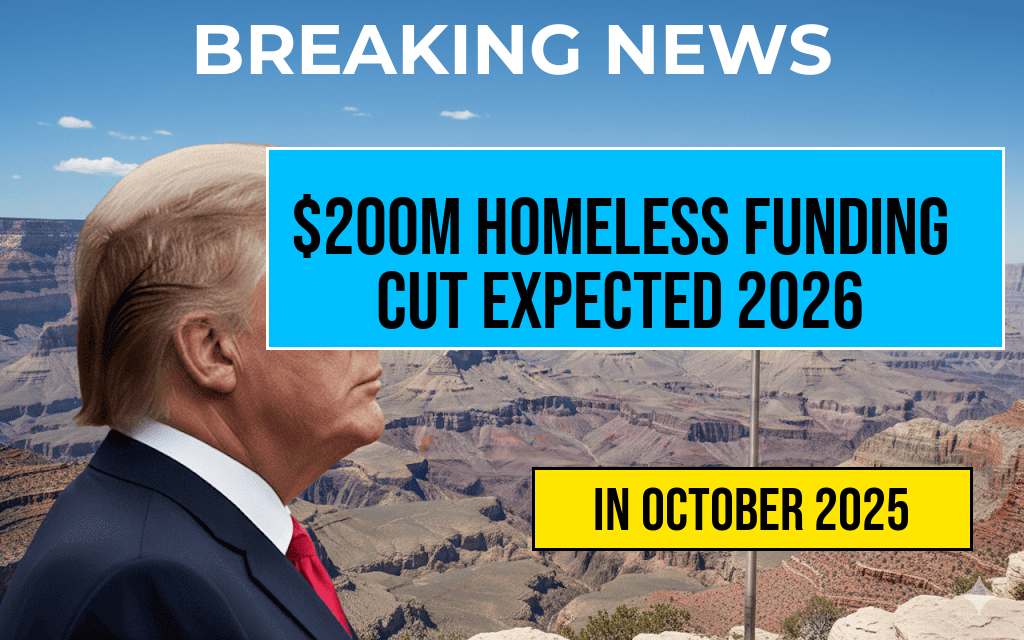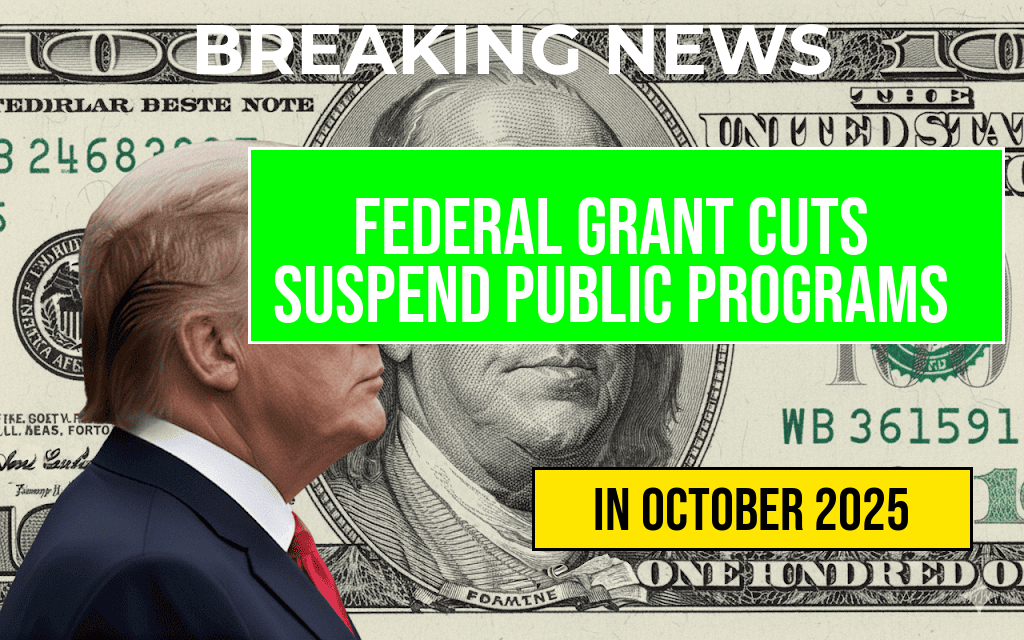As federal funding for the Women, Infants, and Children (WIC) program approaches its scheduled expiration in just a few weeks, thousands of vulnerable families face the threat of losing crucial nutritional support. The looming lapse could result in a $440 monthly loss in benefits for many participants, impacting their ability to access healthy food during critical developmental stages. Despite bipartisan efforts to extend funding, negotiations remain stalled in Congress, raising concerns about the short-term stability of the program that serves nearly 7 million low-income women and children nationwide. The potential funding gap, if unresolved, could exacerbate health disparities and place additional strain on local food assistance networks at a time when inflation and economic uncertainties are already heightening financial pressures for families across the country.
Background on WIC Funding and Its Significance
The WIC program, administered by the U.S. Department of Agriculture (USDA), provides supplemental nutrition assistance to pregnant women, new mothers, infants, and young children up to age five. Its primary goal is to improve maternal and child health outcomes by ensuring access to nutritious foods, nutrition education, and healthcare referrals. Since its inception in 1972, WIC has been a cornerstone of federal support aimed at reducing infant mortality, promoting healthy pregnancies, and combating food insecurity among vulnerable populations.
Funding for WIC is allocated annually through federal appropriations, with the current budget set to expire at the end of the fiscal year. The upcoming expiration, scheduled for late September, threatens to disrupt ongoing services unless Congress authorizes an extension or additional funding. Historically, temporary patches and continuing resolutions have kept the program operational, but prolonged lapses can cause significant disruptions.
Potential Impact of Funding Expiration
Analysts warn that the expiration of WIC funding could lead to immediate reductions in benefits, with many families losing up to $440 per month in nutritional assistance. This figure reflects the average value of food benefits distributed through the program, including items such as milk, eggs, cereal, and fresh produce. For families already struggling with inflation-driven grocery costs, the loss could force difficult choices, including cutting back on essential nutrients or seeking alternative, less reliable sources of food assistance.
Local agencies and health clinics that administer WIC services have prepared contingency plans, yet many express concern over the logistical challenges of sudden funding gaps. “Our families depend on this support to meet their basic needs,” said Maria Lopez, director of a community health center in Texas. “A sudden cutoff would not only affect their diet but also their overall health, especially for pregnant women and young children.”
Political Dynamics and Ongoing Negotiations
Legislative Deadlock
The debate over WIC funding is intertwined with broader budget negotiations in Congress, where partisan disagreements have stalled efforts to pass a comprehensive funding package. While some lawmakers advocate for a clean extension of existing funding, others are pushing for broader policy reforms or budget cuts that threaten to delay or block the necessary appropriations.
Senators and representatives from both parties have expressed concern about the potential impact, with some urging swift action to prevent a lapse. However, the lack of consensus has led to uncertainty, with some analysts warning that political brinkmanship could result in a temporary shutdown of the program.
Implications of a Funding Shortfall
| Impact Area | Details |
|---|---|
| Food Benefits | Loss of up to $440 per month for many families, reducing purchasing power |
| Health Outcomes | Potential increases in infant and maternal health complications |
| Service Disruptions | Delays or cancellations of nutrition counseling and healthcare referrals |
| Community Support | Strain on local food banks and social service agencies |
Responses from Stakeholders
Advocates for low-income families have ramped up calls for immediate congressional action. The USDA’s WIC program emphasizes its critical role during economic downturns and health crises, noting that temporary funding interruptions can have lasting impacts on child development and maternal health. Organizations like the National WIC Association have launched campaigns urging lawmakers to prioritize funding before the deadline.
Meanwhile, some policymakers suggest that the issue could be mitigated through targeted emergency allocations or temporary extensions, though such measures are often viewed as stopgap solutions rather than long-term fixes. The upcoming congressional session is expected to be pivotal in determining whether funding will be extended without interruption.
Looking Ahead
As the deadline draws closer, families participating in WIC, healthcare providers, and community organizations are watching Capitol Hill anxiously. The potential loss of benefits underscores the broader challenge of ensuring social safety nets remain resilient amid political disagreements. For many, the issue is more than legislative gridlock; it’s a matter of health, stability, and access to nutritious food during some of the most critical years of development.
Frequently Asked Questions
What is the current status of WIC funding?
The WIC program funding is set to expire in weeks, which could significantly impact participants and providers relying on this support.
How will the funding expiration affect WIC participants?
If the funding expires, eligible families may face a $440 monthly loss in assistance, potentially leading to decreased access to nutritious foods and support services.
What are the potential consequences of the funding lapse for WIC services?
The expiration of WIC funding threatens to disrupt services and benefits, possibly causing clinics to reduce operations or suspend certain assistance programs.
Are there any efforts to extend or secure new funding for WIC?
Stakeholders are actively advocating for legislative action to extend or increase funding to prevent the upcoming lapse and maintain essential services for vulnerable families.
What can affected individuals do to prepare for the funding expiration?
Participants should stay informed about updates from WIC agencies and explore alternative assistance programs while advocating for continued support and funding security.







